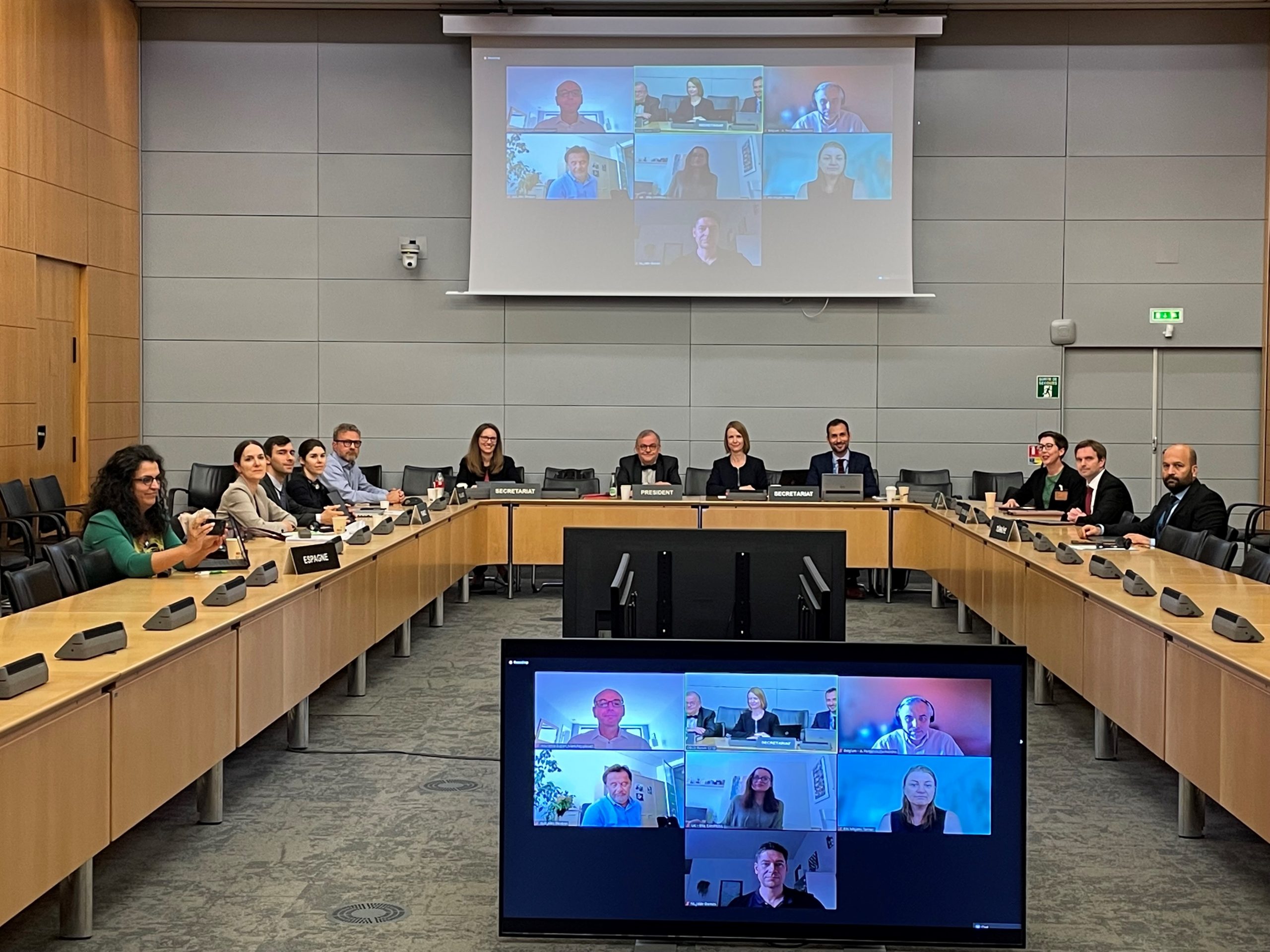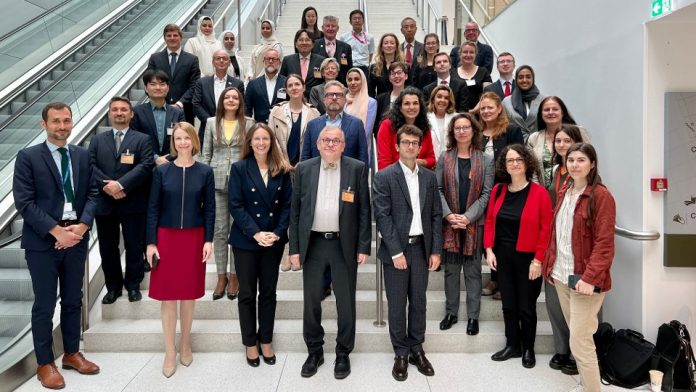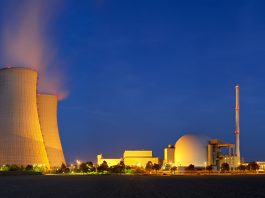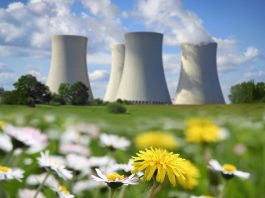The Nuclear Law Committee met in person and online with a consortium of professionals to discuss the safe and peaceful transition to nuclear energy.
The Nuclear Law Committee (NLC) is a group of specialists designated by the Nuclear Energy Agency (NEA) member countries that comprise lawyers, policymakers, academics, and technical experts. It supports the NEA’s goal to help create sound national and international legal regimes required for the peaceful use of nuclear energy. This includes a focus on nuclear safety, international trade in nuclear materials and equipment, public engagement, issues of liability and compensation for nuclear damage, and serving as a leading centre for nuclear law and education.
The NLC met in person and online on 29 to 30 June 2022 with 68 participants from 25 NEA member countries, four non-NEA member countries, the European Commission (EC), the International Atomic Energy Agency (IAEA), and representatives from the nuclear insurance industry.
Discussions on the latest national developments in nuclear law
The first day of the meeting consisted of NEA Director-General William D. Magwood, IV, addressing attendees with updates from the Secretariat, IAEA, and EC on matters of special interest to the NLC. The Japanese delegation informed the NLC of the status of lawsuits for compensation for nuclear damage in Japan, regarding the Fukushima Daiichi nuclear power plant accident.
The second day of the meeting featured reports on the latest national developments in nuclear law in Finland and Sweden, as well as an update on the activities of the NLC working parties: the working party on the legal aspects of nuclear safety (WPLANS), the working party on nuclear liability and transport (WPNLT) and the working party on deep geological repositories (WPDGR). A topical session on the nuclear liability amounts applicable to small modular reactors (SMRs) was organised to examine this issue from the perspective of the nuclear liability conventions and discuss the relevant provisions of national legislation of countries that are developing SMR projects.
Additionally, another topical session focused on the legal issues related to nuclear installations in Ukraine, with an update on the status of nuclear facilities and their impacts on the operator and the regulatory body. It also included reports on the application of international law to nuclear facilities in Ukraine, liability issues with respect to nuclear installations under military control, and the practical implications for nuclear liability insurance in Ukraine.

Photo Credit: The Nuclear Energy Agency.
Updates from other countries
The Secretariat updated the NLC on the entry into force on 1 January 2022 of the 2004 protocols to amend the Paris convention and the Brussels supplementary convention, and other activities undertaken by the contracting parties to the Paris convention. The Secretariat informed the NLC of the status of the reports for previous NEA events on nuclear liability. Finally, the United Arab Emirates (UAE) provided an update on the UAE nuclear programme and recent developments in its licensing and regulatory framework.
The contracting parties to the Paris convention (CPPC) meanwhile met in person and online on 1 July 2022 for the first time since the 2004 protocols to amend the Paris convention and the Brussels supplementary convention entered into force on 1 January 2022.
With 22 participants from ten countries, the contracting parties provided an update on their respective national legislative and administrative processes and the status of financial securities following the entry into force of the 2004 protocols, with a particular focus on the remaining actions to be undertaken and the impact of the entry into force of the 2004 protocols on the insurance market.
Additionally, the meeting featured presentations on national developments regarding nuclear liability in Türkiye and the United Kingdom. In addition, the Secretariat provided updates to the contracting parties on nuclear liability-related matters that touch upon the operation and interpretation of the Paris and Brussels supplementary conventions.
A total of 16 countries are parties to the Paris convention, covering 101 operating reactors and six under construction out of a total of 440 operating reactors worldwide and 54 under construction. Of those countries, 13 are also parties to the Brussels supplementary convention.









